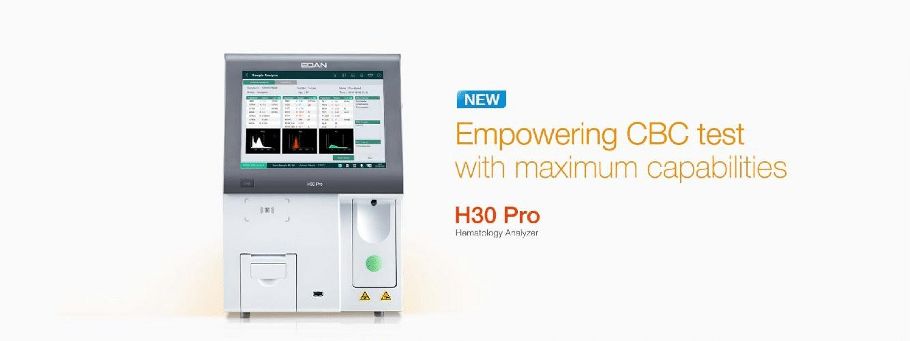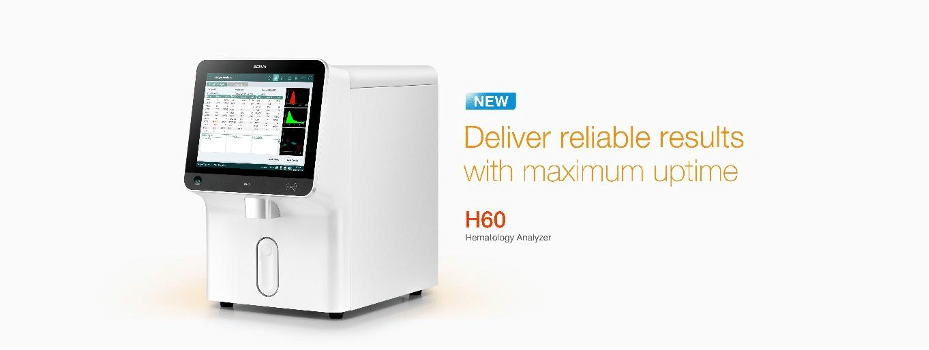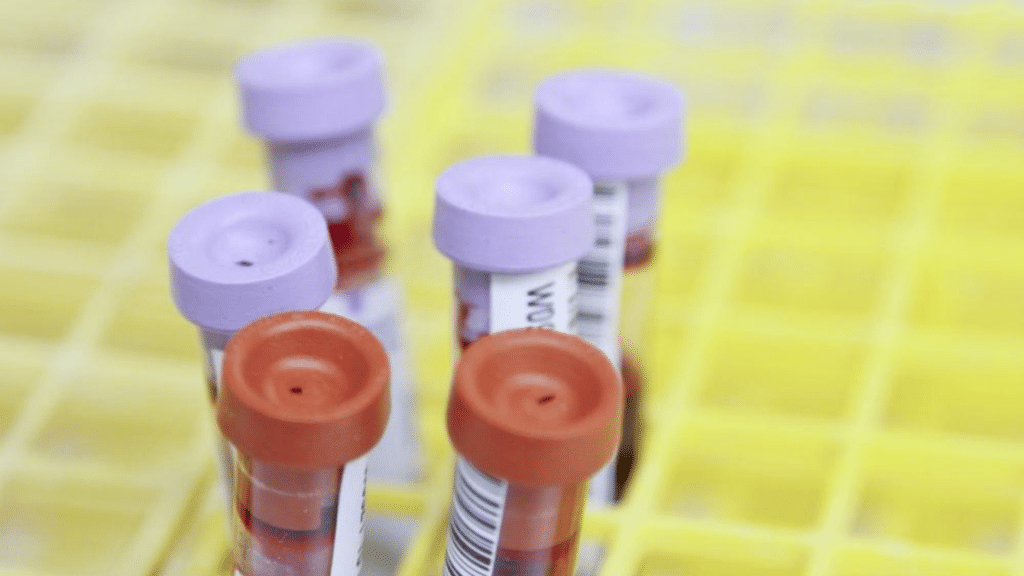Gone are the days when you have to rely on manual blood count methods for diagnosis and treatment. Now, you can perform a complete blood count (CBC) with a highly efficient hematology analyzer machine.
The hematology analyzers are exclusively built to diagnose human and animal diseases or infections caused by viruses and bacteria. Using the latest technologies and modern assessment methods, different types of analyzers are used to identify white blood cell types.
The most common ones are the 3-part hematology analyzer and the 5-part hematology analyzer. Let’s delve deeper to see the difference between the two and how they help in medical diagnosis.
Basics About Hematology Examination
Complete blood count (CBC) is essentially a test that examines and analyzes red blood cells, white blood cells, and platelets. It is the most common laboratory test in clinical practice and part of the routine physical examinations. CBC is used to detect early signs of diseases, diagnose anemia and blood system disorders, and also reflect the hematopoietic function of the bone marrow.
- Red blood cells: Their physiological function is to transport oxygen. The blood types we often discuss are actually the blood types of red blood cells.
- Platelets: Platelets help form blood clots to slow or stop bleeding and to help wounds heal.
- White blood cells: White blood cells are like the body’s guards, responsible for engulfing foreign particles and resisting the invasion of pathogens.
The differences between 3-Part and 5-Part Hematology Analyzer lie in their classification of white blood cells.
3-Part Hematology Analyzer
In a three-part hematology test, white blood cells are typically divided into three groups:
- Lymphocytes
- Monocytes
- granulocytes.
This method is suitable for general routine blood tests, providing the total white blood cell count and the proportion of different types of white blood cells.
A 3-part hematology test is commonly used for routine examinations, primarily in outpatient settings and for patients with mild symptoms. It is relatively cost-effective compared to the 5-part.
5-Part Hematology Analyzer Machine
Hematology instrument with a 5-part differential feature flow cytometry to distinguish white blood cells (WBCs) into their five primary sub-populations based on variations in cell size and complexity (granularity).
- Neutrophils
- Lymphocytes
- Monocytes
- Eosinophils
- Basophils
Additionally, it provides indications of immature cells, nucleated erythrocytes, reticulocytes, the changes in the position of nuclei, platelet aggregation, atypical lymphocytes, and variations in cell size, offering clues for microscopic examination. This approach enhances the detection accuracy of abnormal samples, facilitating clinical decision-making.
5-part is always adopted in advanced medical institutions and research facilities that require more comprehensive blood testing results. This type of measure can provide robust data support for clinical research and personalized diagnosis and treatment.
Comparing the Features of 3-Part and 5-Part Hematology Analyzer
| Features | 3-Part Hematology Analyzer | 5-Part Hematology Analyzer |
| Working Principle | Coulter’s principle | Coulter and flow cytometry |
| WBC Classification | Three types of WBCs (neutrophils, lymphocytes, and monocytes) | Five types of WBCs (neutrophils, lymphocytes, monocytes, eosinophils, and basophils) |
| Applications | Clinics and decentralized clinical labs | Centralized labs and large hospitals |
| Maintenance | Regular calibration | Weekly or Monthly |
| Cost | Budget-friendly | Relatively expensive |
EDAN Hematology CBC Analyzers
At this point, you’ve clearly acknowledged why having a hematology analyzer is mandatory for assessing the general health status of your patients. Whether it’s a human or an animal, this analyzer machine can help differentiate individual blood cell counts so you can get accurate results within minutes.
However, you might get confused when choosing the best hematology analyzer. Edan provides multiple efficient solutions to fit your needs.
For years, EDAN has been developing its IVD lineup, providing both 3-part and 5-part hematology analyzers that boast unique designs coupled with stability, reliability, and accuracy.
H30 Pro
The new 3-part hematology analyzers make a great balance between quality and cost. The analyzer has an intuitive operation system that helps to streamline the clinical workflow. Besides, they can live without daily maintenance, which will save the reagents costs.

H60
for small to mid-size clinics and labs that also require detailed hematology clinical backup, EDAN also provides an H60 5-part hematology analyzer. H60 adopts a self-developed innovative modular design featuring closed-loop whole-blood testing. The automated sample loading allows easy handling of large sample volumes.

Contact us for more information about EDAN’s innovative clinical diagnostics solutions.
